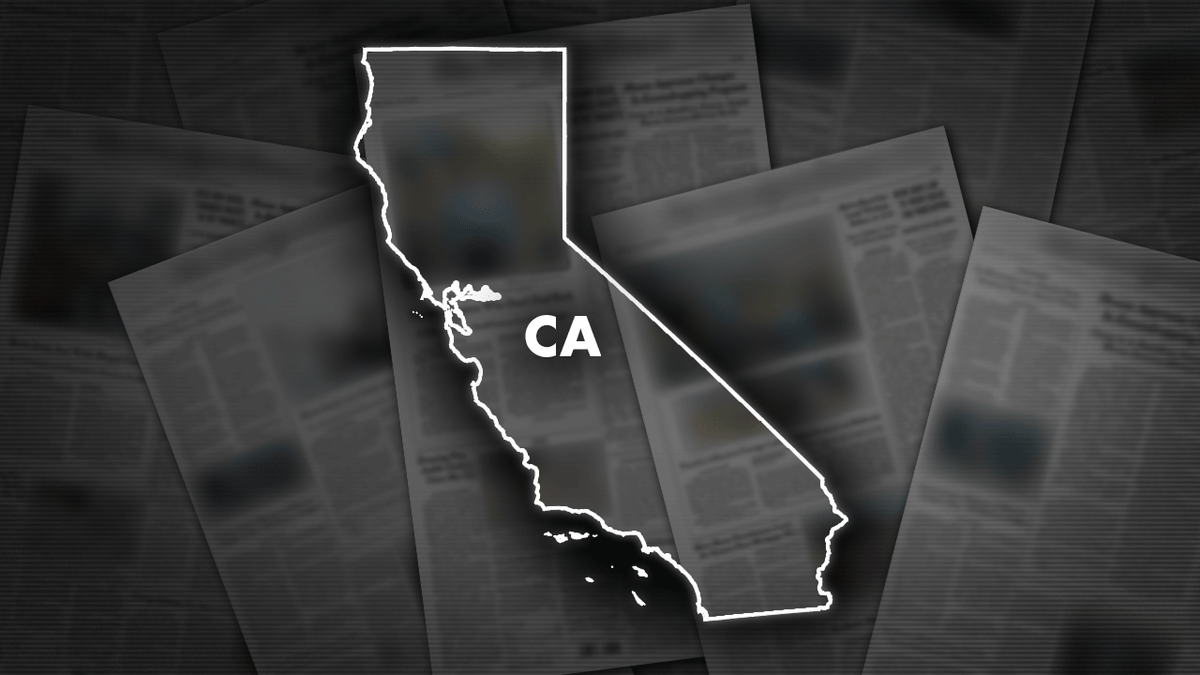Fox News Flash top headlines for March 31
Fox News Flash top headlines are here. Check out what's clicking on Foxnews.com.
A northern California tribe is pressing the federal government to stop water deliveries for farming in southern Oregon and northern California unless a federal agency can show it's met all legal requirements for endangered species, including salmon and killer whales.
The Yurok Tribe, Pacific Coast Federation of Fishermen’s Associations and Institute for Fisheries Resources filed a motion for a preliminary injunction last week, the Capital Press reported. It’s part of a 2019 lawsuit against the federal Bureau of Reclamation and the National Marine Fisheries Service.
The Bureau of Reclamation operates the Klamath Project, which provides water for about 200,000 acres of farmland in southern Oregon and northern California. But the operations cannot threaten the survival of endangered species.
DEAD HUMPBACK WHALE FOUND FLOATING OFF NEW JERSEY COAST
The agency must consider water needs for threatened coho salmon in the Klamath River, and two species of endangered sucker fish in Upper Klamath Lake. Southern resident orcas are also impacted, because they depend on Klamath River salmon for prey.
Three consecutive years of drought has prompted the Bureau of Reclamation to adopt a more flexible management strategy for the Klamath Project.

The Yurok Tribe and other fishing groups filed a motion to stop farming-related water deliveries in southern Oregon and northern California. (Fox News)
In mid-February, the agency began reducing minimum stream flows in the Klamath River by 11% below Iron Gate Dam. Additional reductions of 16% were made on Feb. 25.
The goal was to hold more water back in Upper Klamath Lake near Klamath Falls, Oregon, allowing Lost River and shortnose suckers — fish also called C’waam and Koptu — to access critical shoreline habitat for spawning and rearing.
But according to the Yurok Tribe, the cutbacks dropped Klamath River flows below what is necessary to protect "extremely at-risk" coho.
DEAD HUMPBACK WHALE FOUND FLOATING OFF NEW JERSEY COAST
The tribe and fishing groups are asking a U.S. district judge in San Francisco to order the Bureau of Reclamation to withhold water for irrigators until the agency satisfies its obligations for endangered fish.
The Klamath Tribes, headquartered in Chiloquin, Oregon, also filed a 60-day notice of intent to sue the government in February, arguing Reclamation has failed to meet minimum lake elevations for suckers in Upper Klamath Lake during the last three years.
CLICK HERE TO GET THE FOX NEWS APP
The lawsuits come as Klamath Project irrigators await their annual water allocation, typically announced in April.
Moss Driscoll, director of water policy for the Klamath Water Users Association, said this year’s hydrology is far more promising than last year. As of March 28, the Klamath Basin had 155% of normal snowpack and 103% of normal precipitation for the 2022-23 water year.
As the hydrology has continued to improve, it may basically meet their injunction requirements whether it’s granted or not, Driscoll said. "Their request has almost become moot."


